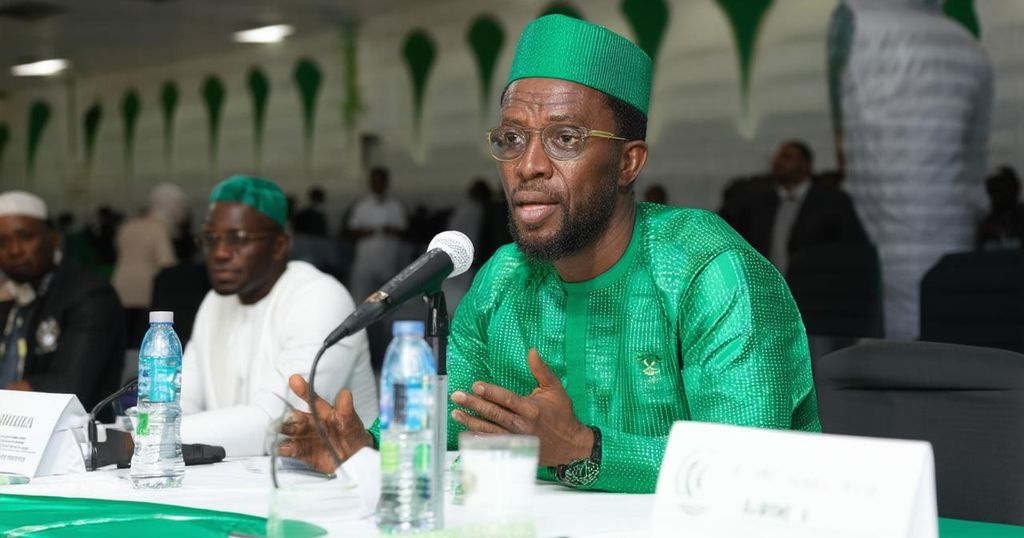The ongoing dispute between Nigeria and Libya arose from a travel incident involving the Nigerian Super Eagles, who were diverted to an inconvenient airport and left stranded for over 18 hours. Both nations have presented conflicting testimonies regarding the mismanagement of logistics, leading Nigeria to boycott the qualifying match for the 2025 AFCON. The incident has highlighted a broader pattern of difficulties faced by international teams in Nigeria and raised concerns over sports administration in both countries.
Disputes between Nigeria and Libya have intensified following Nigeria’s decision to boycott the qualifying match for the 2025 African Cup of Nations (AFCON) between the Super Eagles and Libya’s Mediterranean Knights. Testimonies were presented on October 20 to the Confederation of African Football (CAF) disciplinary committee, with both nations providing contrasting accounts of the events leading to the controversy. The conflict was ignited when Libyan authorities unexpectedly redirected the Nigerian Super Eagles’ flight, originally heading to Benghazi, to Al Abraq Airport in Bayda. As a result, the Super Eagles found themselves stranded at Al Abraq Airport for over 18 hours without access to accommodation or food. In response, the Nigeria Football Federation lodged a formal protest with CAF, citing the unacceptable treatment of their team by Libyan officials. Although the Libyan Football Federation acknowledged the issue and extended an apology, they characterized the situation as a logistical failure, suggesting it may have been a reaction to difficulties encountered by the Mediterranean Knights during their previous visit to Nigeria. To support their claims, the Libyan Football Federation circulated videos and images showing their team members stranded at Port Harcourt Airport for three hours while awaiting transportation to their hotel. These materials garnered significant attention on social media after influencer “Libyan Football” shared them, likening their experience to that of the Nigerian Super Eagles, claiming, “The same thing, and even worse, happened to Libya in Nigeria last week.” Support for this assertion came from reports alleging that when the Mediterranean Knights arrived in Nigeria on October 8, their chartered private jet was denied landing permission at Uyo Airport, closer to their match venue. Instead, they were forced to land at Port Harcourt, leading to complaints by team captain Faisal Al-Badri about excessive luggage searches and inadequate accommodations. In defense, Nigeria’s assistant director of football, Emmanuel Ayanbunmi, repudiated the claims of mistreatment, arguing that the Libyan Football Federation had caused chaos for its own team by failing to provide timely notification of their arrival. He stated that the Nigerian government insisted on the Port Harcourt landing due to prior arrangements. The issue escalates further when considering Nigeria’s history of logistical mishaps with visiting teams, as seen when South Africa’s Bafana Bafana experienced similar complications during the World Cup qualifiers. Port Harcourt Airport also witnessed excessive delays that extended a proposed six-hour journey into an 18-hour ordeal. This pattern extends back even further, with the Kenyan national team enduring a similar logistical failure in March 2013 and Plateau United encountering difficulties during their trip to Libya in 2022.
The growing tension between Nigeria and Libya regarding their respective national football teams highlights ongoing logistical challenges in international sports travel, particularly in Africa. The incident in question involves the Nigerian Super Eagles’ travel disruption to Libya, leading to accusations from both sides over mistreatment and mismanagement. The situation has attracted attention not only due to its immediate consequences for the teams involved but also due to a history of similar occurrences that raise questions about the efficacy of sports administration and the experiences of visiting teams in Nigeria.
The disputes between Libya and Nigeria regarding the Super Eagles’ travel disruptions underscore deeply rooted issues in international sports logistics that may require further attention from sports authorities. With both countries presenting conflicting accounts, this incident exemplifies the complications associated with travel arrangements and the treatment of national teams abroad. Historical precedents indicate that obstacles in logistical management could impede sports diplomacy, necessitating a collective commitment to improving conditions for visiting teams in the future.
Original Source: www.voanews.com






